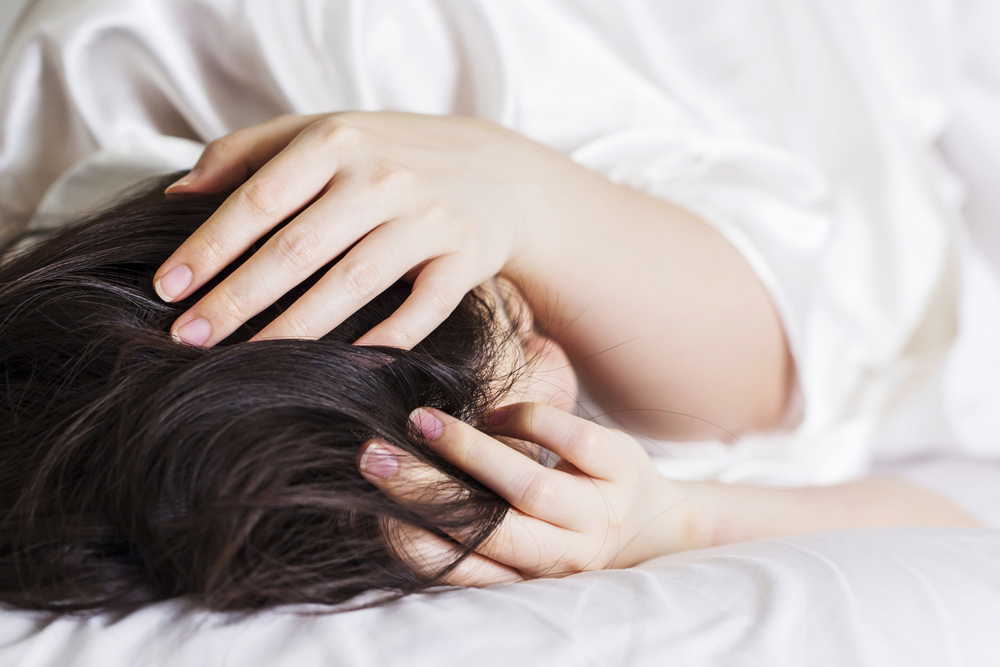Postpartum psychosis is a complex mixture of physical, emotional, and behavioral changes that usually happen in a woman after giving birth. It is a form of mental disorder that has its onset within four weeks after delivering a baby.
Most doctors consider postpartum psychosis to have the most serious emotional well-being impacts.
It’s normal for every new mother to experience depression and anxiety, but at the point when these symptoms continue or transform into possibly perilous thoughts, they should be treated.


